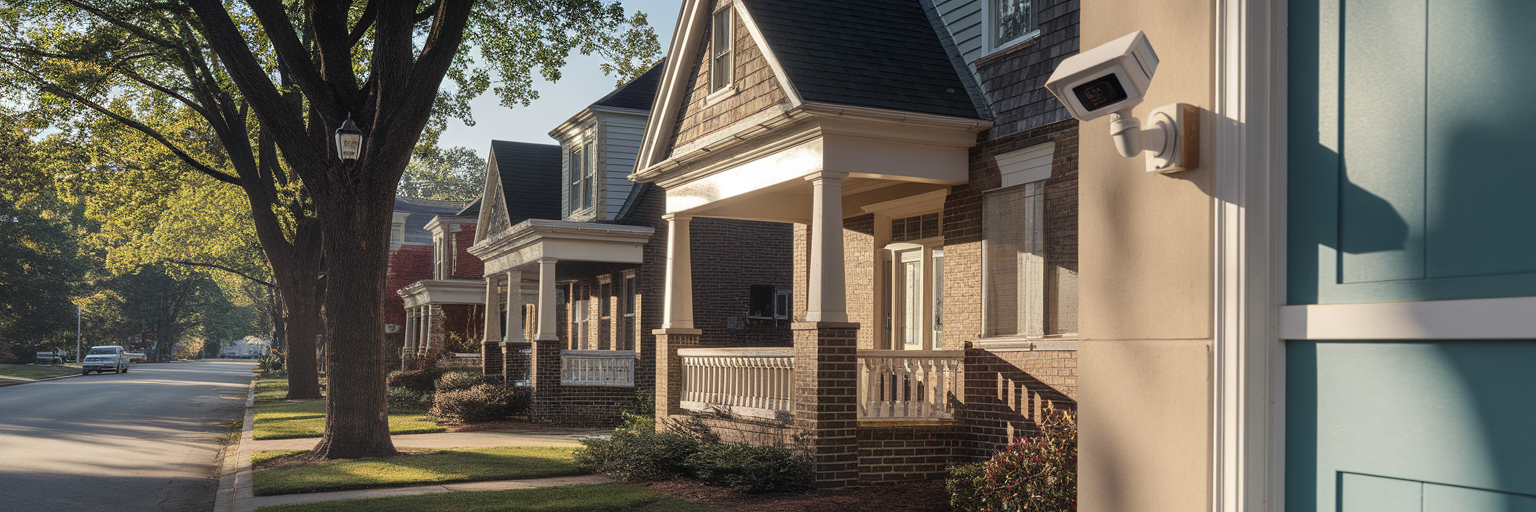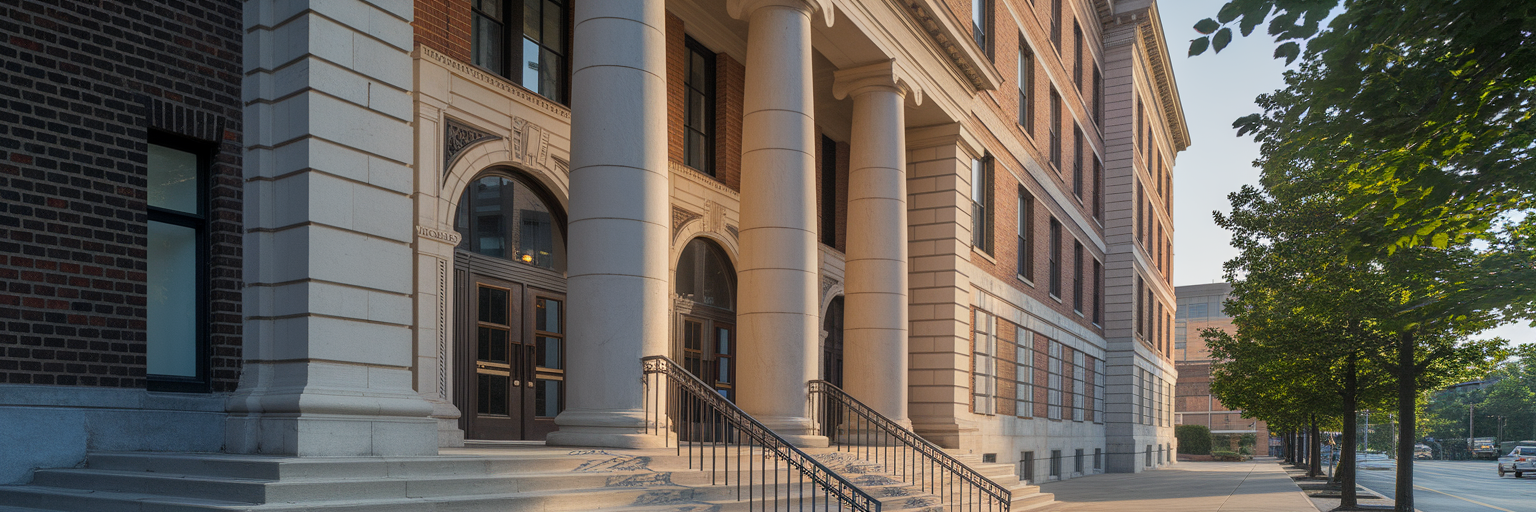The sudden jolt of a collision is jarring enough. When the other driver speeds away, it leaves you with a mix of anger, confusion, and uncertainty. A Grant Park hit-and-run is a serious event, but the actions you take in the minutes and hours that follow can significantly influence the outcome of your case. This guide provides clear, actionable steps to protect your rights and begin the process of recovery.
Immediate Steps at the Accident Scene
In the immediate aftermath of a collision, adrenaline can cloud your judgment and even mask pain. Your priority is to secure your safety and preserve any available evidence before it disappears. Follow these steps methodically to regain control of the situation.
- Prioritize Your Safety Above All Else: If possible, move your vehicle out of the main flow of traffic. This could mean pulling onto a side street off Cherokee Avenue or Hill Street SE. Before doing anything else, check yourself and any passengers for injuries. Some injuries are not immediately apparent.
- Contact 911 to Report the Incident: Call 911 without delay. This is not just for medical emergencies. It dispatches the Atlanta Police Department to the scene and creates an official, time-stamped record of the hit-and-run car crash Atlanta. This call is the first official step in your case.
- Document Key Details of the Fleeing Vehicle: Your memory of the event will fade faster than you think. Use your phone’s voice recorder or notes app to immediately capture everything you remember about the other car. This includes its make, model, color, and any part of the license plate you saw. Note any distinguishing features like a roof rack, bumper stickers, or visible damage. Also, note the direction it was heading.
- Identify and Speak with Potential Witnesses: Look around you. Did anyone on the porches of the nearby Grant Park homes see what happened? Were there other drivers, cyclists, or pedestrians who witnessed the collision? Politely ask for their names and phone numbers. Their independent testimony can be invaluable later. If you were on foot or a bike, the situation is even more serious, and understanding your rights as a vulnerable road user is critical.
Filing an Official Police Report

Once the immediate danger has passed, your focus must shift to creating the formal documentation for your case. The 911 call gets the process started, but the official police report is the bedrock of any future insurance claim or legal action. Without it, proving the incident even occurred becomes incredibly difficult.
When the Atlanta Police officer arrives, provide them with the facts clearly and calmly. Share the notes you took about the fleeing vehicle and the contact information of any witnesses. Avoid speculating or guessing about things you are unsure of, like the driver's motives or exact speed. Stick to what you saw and know.
Before the officer leaves, make sure to ask for two things. First, confirm that the incident is being documented specifically as a "hit-and-run." This classification is critical for your insurance claim. Second, get the police report number. This number is your key to accessing the official document. To report hit and run Atlanta incidents properly, this formal step is non-negotiable. Typically, you can get your report a few business days after the incident by visiting the Atlanta Police Department's official website for instructions on accessing their records.
Using Community Resources to Find Evidence
While the Atlanta Police Department conducts its investigation, you can take proactive steps to help locate the responsible driver. The unique residential and commercial layout of Grant Park offers several avenues for gathering evidence. Taking initiative in finding hit and run driver Atlanta can make a significant difference.
Here are a few strategies you can use:
- Canvas the Neighborhood for Private Cameras: Many of the historic homes and bungalows lining the streets of Grant Park are equipped with Ring, Nest, or other doorbell cameras. Politely knock on doors near the crash site and ask residents if their cameras might have captured the fleeing vehicle, even if it was just driving by.
- Identify Nearby Business and Traffic Cameras: Think about the route the driver might have taken. Were there any businesses, apartment buildings, or traffic lights with cameras along Memorial Drive or other nearby corridors? Make a list of these locations. An attorney can later send official requests or subpoenas for this footage.
- Leverage Local Technology like ALPRs: Be aware that Atlanta Police and other agencies use Automated License Plate Readers. These systems can often place a suspect vehicle in a specific area at a particular time. If you have even a partial license plate number, it can be cross-referenced with ALPR data to identify the car.
- Check Grant Park Community Groups Online: Post a brief, factual request for information on platforms like Nextdoor or a neighborhood Facebook group. Avoid emotional language. Simply state the time, location, and a description of the car, and ask if anyone saw anything. A neighbor down the street may have seen the car speeding away.
While these steps can be helpful, a law firm with resources across the city can take the investigation to another level.
Navigating Insurance and State Reporting

Many people assume that if the at-fault driver is never found, they are left to cover all the costs themselves. This is often not the case. The key lies within your own auto insurance policy, specifically your Uninsured Motorist (UM) coverage. For insurance purposes, a "phantom vehicle" from a hit-and-run is treated the same as a driver with no insurance.
Understanding what to do after a hit and run Georgia law requires involves looking at your own declarations page. It is crucial to know the difference between the types of UM coverage. UM Bodily Injury (UMBI) covers medical expenses and lost wages, while UM Property Damage (UMPD) covers repairs to your car. Navigating these policies can be challenging, but our firm has a track record of securing fair settlements for our clients.
Additionally, Georgia law requires you to file a report with the Department of Driver Services (DDS) if the crash resulted in injury, death, or property damage exceeding $500 and the police did not investigate. This is a separate obligation from your police report and insurance claim.
| Coverage Type | What It Covers | Is It Required in Georgia? |
|---|---|---|
| UM Bodily Injury (UMBI) | Medical bills, lost wages, pain and suffering for you and your passengers. | Insurers must offer it; you must reject it in writing if you don't want it. |
| UM Property Damage (UMPD) | Repairs to your vehicle. Often comes with a deductible. | Optional. You must specifically add it to your policy. |
| UM with Add-On Coverage | Allows you to 'stack' your UM coverage on top of the at-fault driver's liability insurance (if they are found but underinsured). | An optional enhancement to standard UM coverage. |
The Role of an Atlanta Pedestrian Accident Lawyer
Trying to manage evidence gathering, police reports, and insurance claims while recovering from a hit-and-run is overwhelming. This is where professional legal help becomes essential. An experienced Atlanta pedestrian accident lawyer Grant Park victims can rely on does more than just offer advice; they take decisive action on your behalf.
An attorney can immediately send official preservation letters to businesses, demanding they save any relevant security footage before it is erased. They can subpoena records from cell phone companies or compel reluctant witnesses to provide testimony. Most importantly, they handle all communications with your own insurance company. Insurers may try to minimize payouts, even on UM claims. Your lawyer will build a comprehensive case to demonstrate the full extent of your damages and negotiate for a fair settlement.
Hiring an attorney is not about being confrontational. It is a strategic move to ensure you have a professional advocate fighting for your interests. The moments after a Grant Park hit-and-run are critical. To ensure your rights are protected from the start, contact an experienced Atlanta car accident lawyer who can manage the investigation and fight for the compensation you deserve. A free consultation can provide immediate clarity on your options. Do not hesitate to reach out for help.

